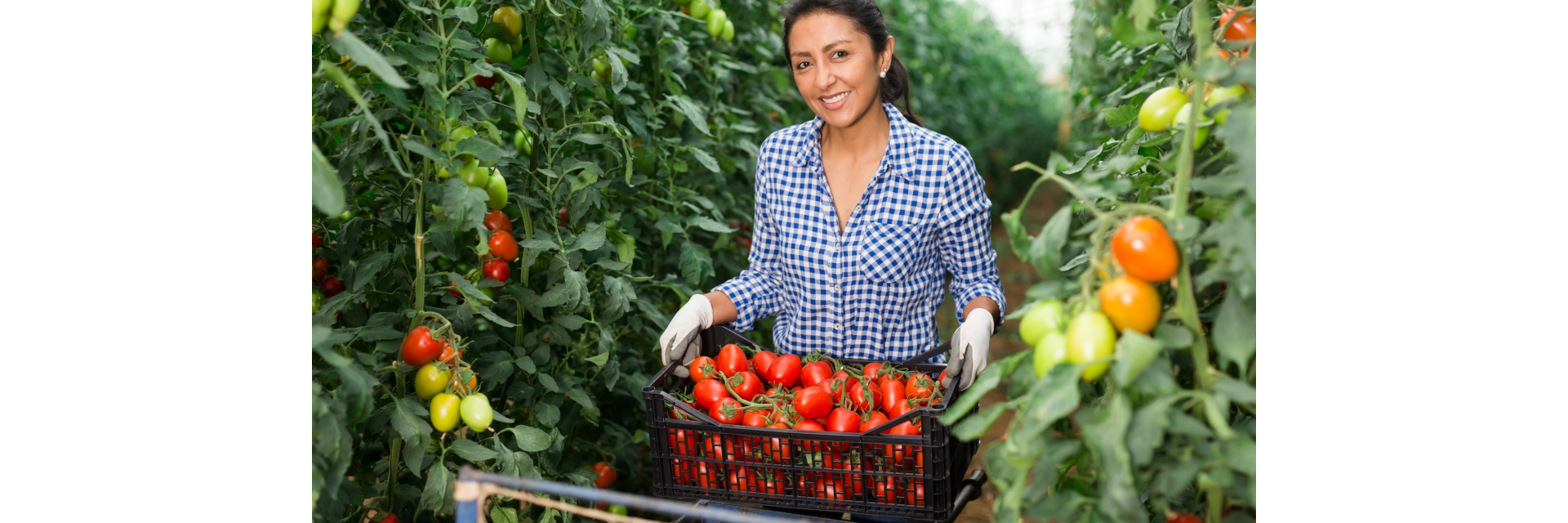Rabat, 18 October 2022 (ECA) - North Africa has been very heavily impacted by the recent series of cascading crises. This has exacerbated long-term structural bottlenecks and led to an increase in food and energy prices, the weakening of related value chains, and therefore rising hunger and poverty levels, said Saad Lihniash Mohamed Abdullah, Undersecretary at the Libyan Ministry of Economy & Trade on Tuesday 18 October 2022.
Speaking at the webinar on “Food and energy security in North Africa amid the global multifaceted crisis,” organized by the ECA Office for North Africa, Mr Lihniash indicated that now is the right moment for North African countries to reduce their import dependency, rely more on regional value chains, move towards greater reliance on renewable energy and make good use of the sub-region’s human capital.
In the case of North Africa, limited access to food and energy is related to persistent structural issues including limited diversification, a low share of intraregional trade and low agricultural productivity. The ongoing crises have brought the need for enhancing food and energy security back to the top of North Africa’s policy agenda. The AfCFTA and progress with digitalization are providing countries with new tools to address this challenge, said Zuzana Brixiova Schwidrowski, Director of the ECA Office for North Africa.
According to former Minister of Environment and Sustainable Development of Mauritania Marieme Bekaye, North African countries can develop such strategies by reforming institutions and improving the sector’s governance, like in Morocco, where several institutions focused on energy transition have been created. To do so, governments must develop national, technical competencies and promote research and regional cooperation through converging national energy policy transitions, an area ECA could support countries with.
Food security is of particular concern in Sudan, where according to the UN one-third of population, or 15 million people, face acute food insecurity, said Yasin Amin, national SDG Focal point for Sudan. Some of the most affected areas of the country have been characterized by protracted conflict and displacement, underscoring the need for peace and stability.
The webinar on “Food and energy security in North Africa amid the global multifaceted crisis” was held in the run up to the joint meeting of Intergovernmental Committee of Senior Officials for North and West Africa scheduled on 1-3 November 2022, with the aim of identifying key areas of intervention for North African countries to improve their resilience and preserve their populations’ welfare.
Discussions at the meeting stressed the need for countries to adopt comprehensive, multifaceted, and inclusive approaches to food and energy security that take into account dimensions such as agricultural development goals, job creation in rural areas, adaptation to climate change and the transition to renewable energy and away from oil.
Cereals, for example, are currently a major component of the North African diet. However, production within the sub-region is currently unable to keep up with population needs with North Africa accounting for 16 to 17 percent of global wheat imports. North Africa’s agricultural sector remains generally characterized by lower productivity levels and high dependence on rainfall, despite the subregion’s exposure to climate change.
For more information and interview requests related to this webinar, please send an email to filali-ansary@un.org or ahmed.esmaili@un.org
Issued by:
Communications Section
Economic Commission for Africa
PO Box 3001
Addis Ababa
Ethiopia
Tel: +251 11 551 5826
E-mail: eca-info@un.org

